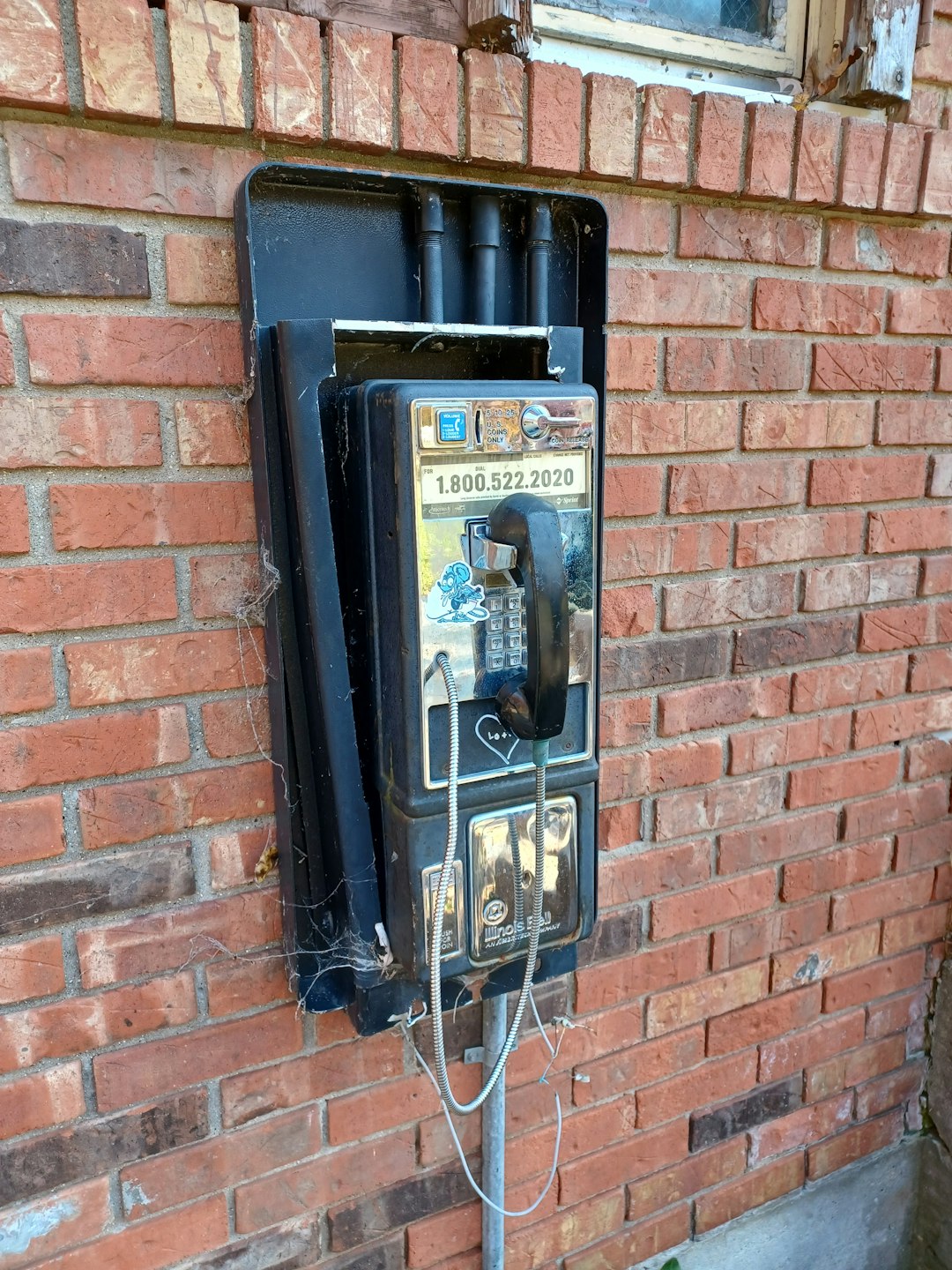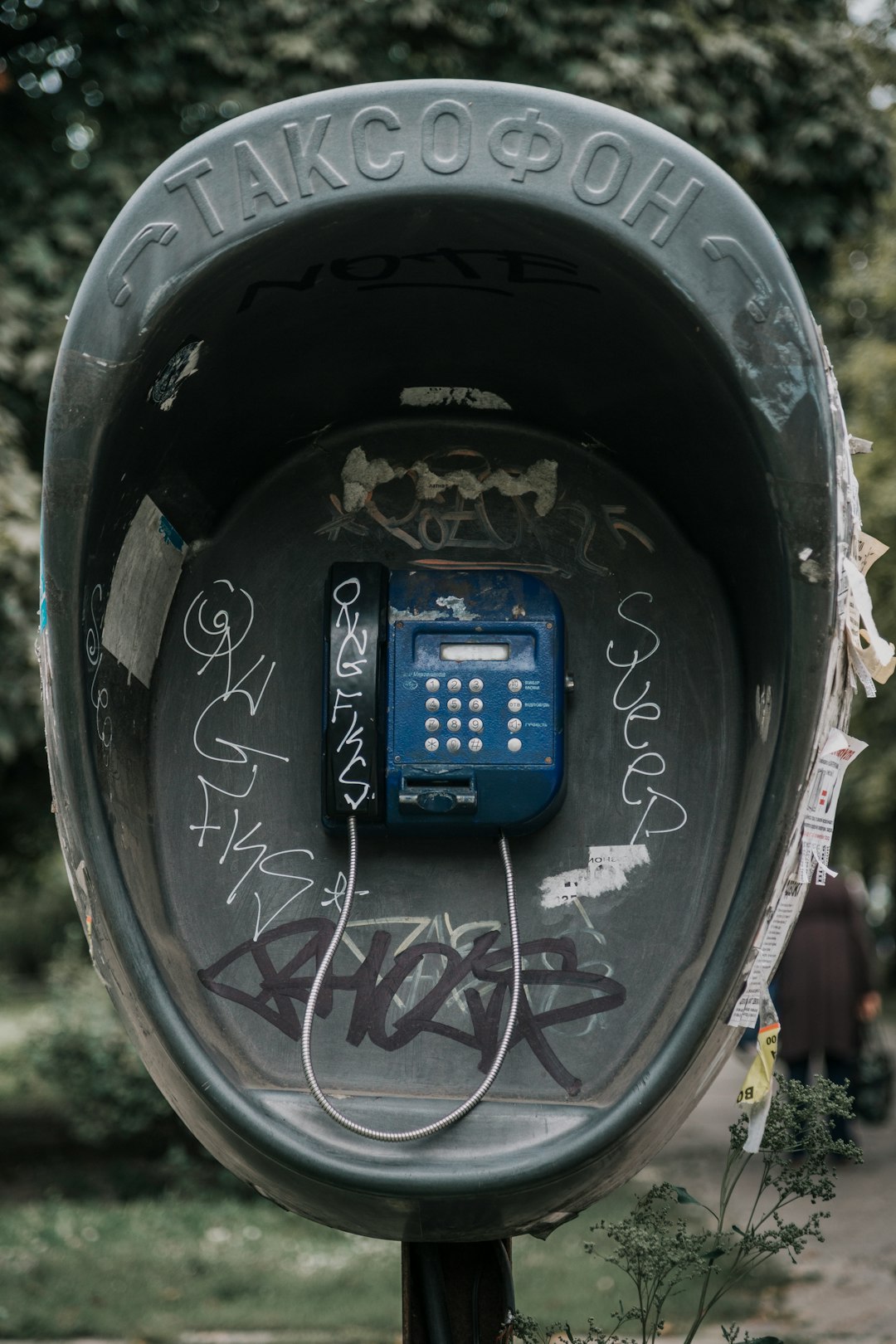Connecticut offers robust legal protections against robocalls and spam texts through its Do Not Call Law and the Telephone Consumer Protection Act (TCPA). Residents can register on the Do Not Call Registry to reduce unwanted communication. Those facing violations or persistent harassment should consult with specialized robocall lawyers or attorneys who understand the state's robocall laws, spam call regulations, and consumer protection acts. Engaging such legal professionals helps protect rights, secure compensation, and hold perpetrators accountable under Connecticut's strict do-not-call law firms and related legislation.
In the digital age, Connecticut residents face a growing nuisance from robocalls and spam text messages. Understanding your rights under Connecticut’s robust consumer protection laws is crucial. This article navigates the legal landscape surrounding these intrusive communications, focusing on the Do Not Call Registry’s role and available legal recourse. Discover how a specialized robocall lawyer in Connecticut can help you stop unwanted calls and texts, offering expert guidance on spam call laws and ensuring your rights are protected.
Understanding Robocalls and Spam Texts in Connecticut: A Legal Perspective

In Connecticut, robocalls and spam texts are regulated by a series of laws designed to protect residents from intrusive and unauthorized communication. The Connecticut Do Not Call Law, for instance, prohibits businesses from making automated or prerecorded telephone calls to consumers who have registered their numbers on the state’s Do Not Call list. This law applies to both live operators and robocalls, with penalties for non-compliance.
Additionally, the Telephone Consumer Protection Act (TCPA) at the federal level offers further protections against robocalls and spam texts. A robocall lawyer or attorney in Connecticut can help individuals understand their rights under these laws and take legal action if they have been subjected to unwanted calls or texts. If you’re seeking a law firm specializing in dealing with robocalls and spam calls, consider consulting with professionals who focus on telecommunications law to ensure the best representation for your case.
The Role of the Do Not Call Registry in Connecticut
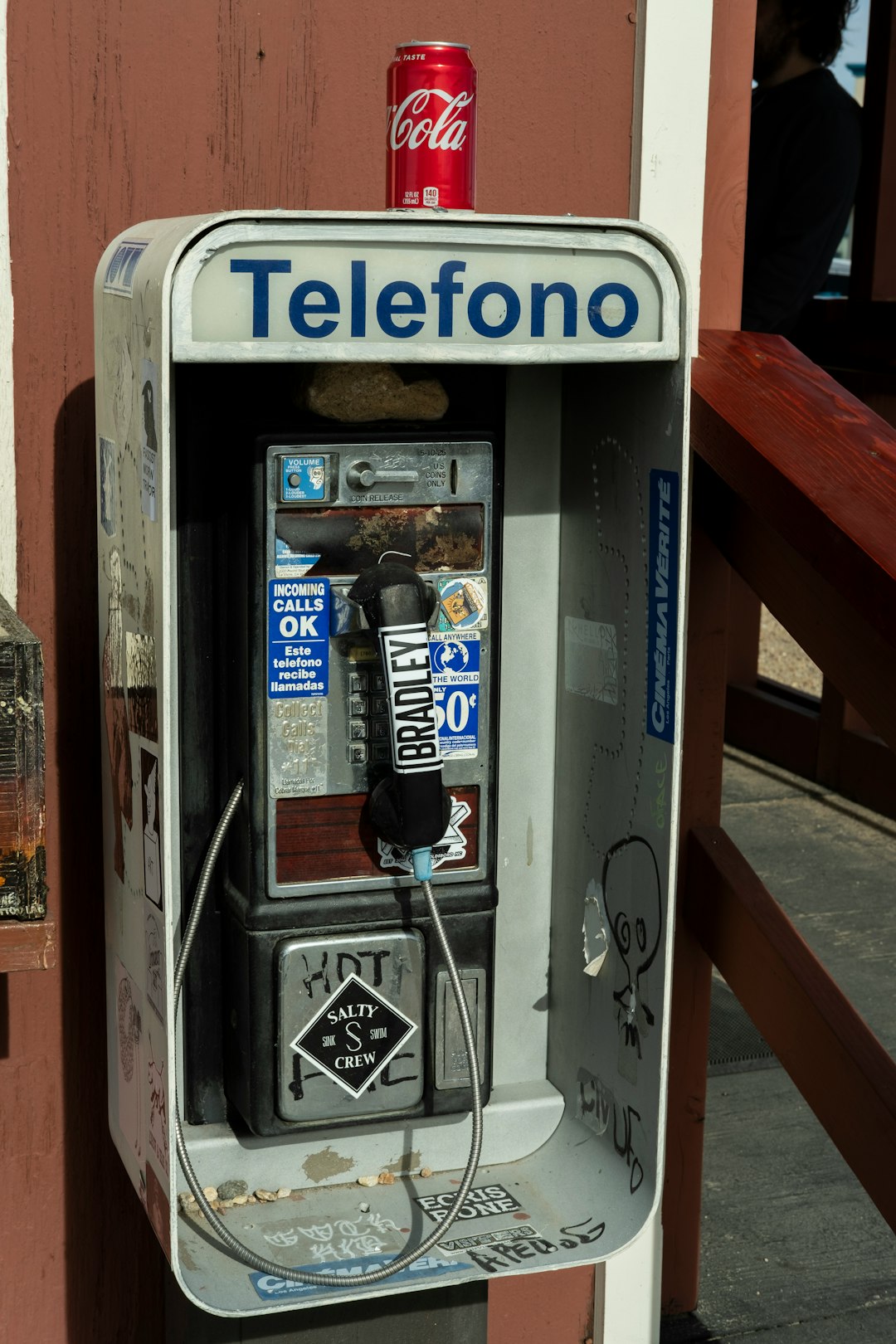
In Connecticut, the Do Not Call Registry plays a pivotal role in mitigating robocalls and spam text issues. Residents who wish to stop receiving unwanted calls or messages can register their phone numbers through this state-mandated registry. This simple step significantly reduces the volume of robocalls and spam texts they receive, providing much-needed relief from intrusive marketing tactics.
The registry is a powerful tool in the hands of Connecticut residents, backed by strict robocall laws. Those found violating these laws, particularly through unsolicited calls or texts, can face legal repercussions. Engaging the services of a robocall lawyer or spam call attorney in Connecticut is advisable for businesses and individuals looking to navigate these regulations effectively, ensuring compliance and protection from potential legal actions related to unwanted communication.
Legal Recourse for Unwanted Phone Calls and Text Messages
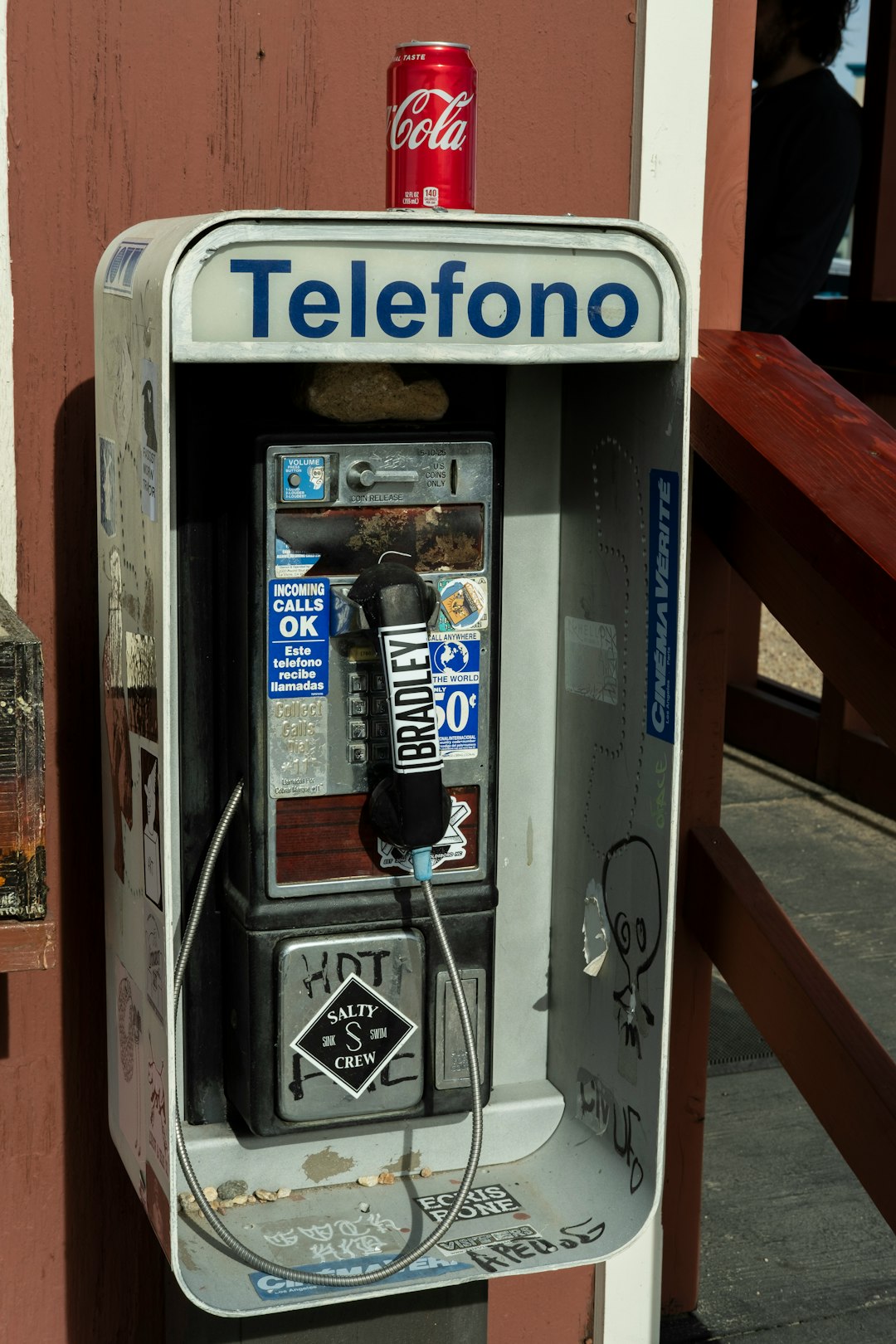
If you’ve been a victim of persistent robocalls or spam text messages in Connecticut, know that there are legal avenues to seek recourse. The Connecticut Fair Debt Collection Practices Act (CFDCPA) and federal Telephone Consumer Protection Act (TCPA) offer significant protections against unwanted phone calls and texts. These laws prohibit automated or prerecorded calls from being placed to consumers without their prior express consent. Furthermore, the CFDCPA specifically addresses robocalls by restricting debt collectors from using such devices unless certain conditions are met.
If your privacy has been invaded by these nuisance calls or texts, consulting with a robocall lawyer Connecticut or spam call law firm Connecticut is a prudent step. Skilled legal representatives can help determine if the calls violate current robocall laws Connecticut and guide you through options for compensation or blocking future unwanted contact. Engaging robocall attorneys Connecticut who specialize in these areas can be instrumental in holding perpetrators accountable and securing your rights under existing do not call law firms Connecticut.
Choosing the Right Lawyer: Expertise in Robocall and Spam Cases

When dealing with robocalls and spam texts, choosing the right legal counsel is paramount to achieving a favorable outcome. In Connecticut, seeking out a robocall lawyer or spam call attorney who specializes in this area is crucial. These experts possess the necessary knowledge and experience to navigate the complexities of robocall laws and ensure your rights are protected. With increasing regulations surrounding telemarketing practices, having a lawyer well-versed in these laws can make all the difference.
The ideal legal representative for such cases should have a proven track record of success in handling do not call law firms and similar matters. They must be adept at interpreting state and federal regulations, which can vary significantly. Additionally, they should offer a comprehensive understanding of consumer protection laws, enabling them to devise effective strategies against unwanted robocalls and unwanted texts.
Effective Strategies to Stop Robocalls and Protect Your Rights
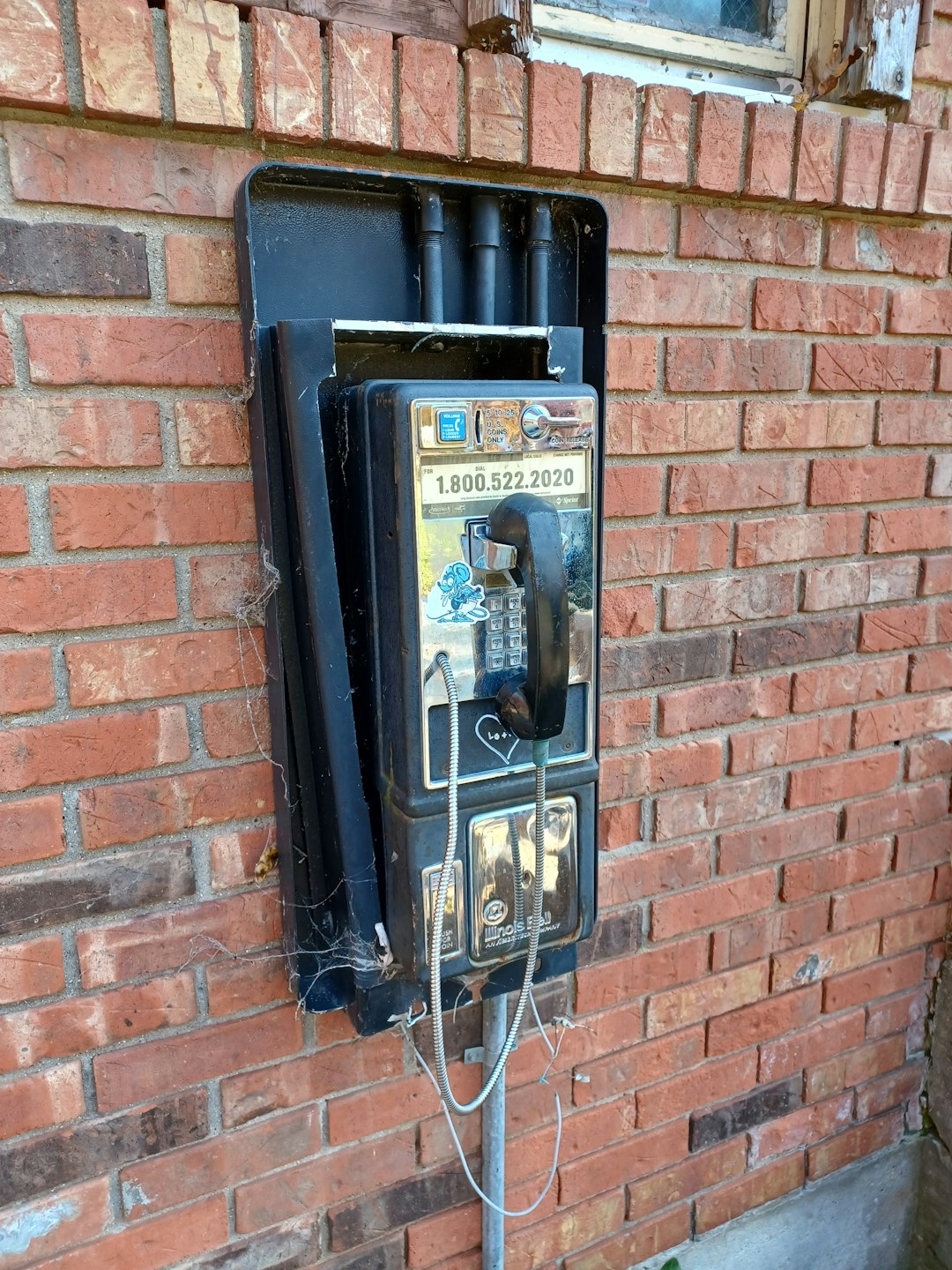
In the face of relentless robocalls and spam texts, Connecticut residents now have robust legal options to protect their privacy. A robocall lawyer or spam call attorney in Connecticut can guide you through state-specific robocall laws, which include stringent regulations against unsolicited calls and messages. These legal experts can help you file complaints with relevant authorities and seek damages for violations, serving as your advocate against aggressive marketing tactics.
If you’ve been a victim of persistent robocalls or unwanted texts, consider reaching out to a reputable do-not-call law firm in Connecticut. They possess the knowledge and resources to assist you in navigating legal remedies available under the robocall laws. By taking action, you not only protect your rights but also contribute to fostering a more regulated communication environment for all Connecticut residents.
